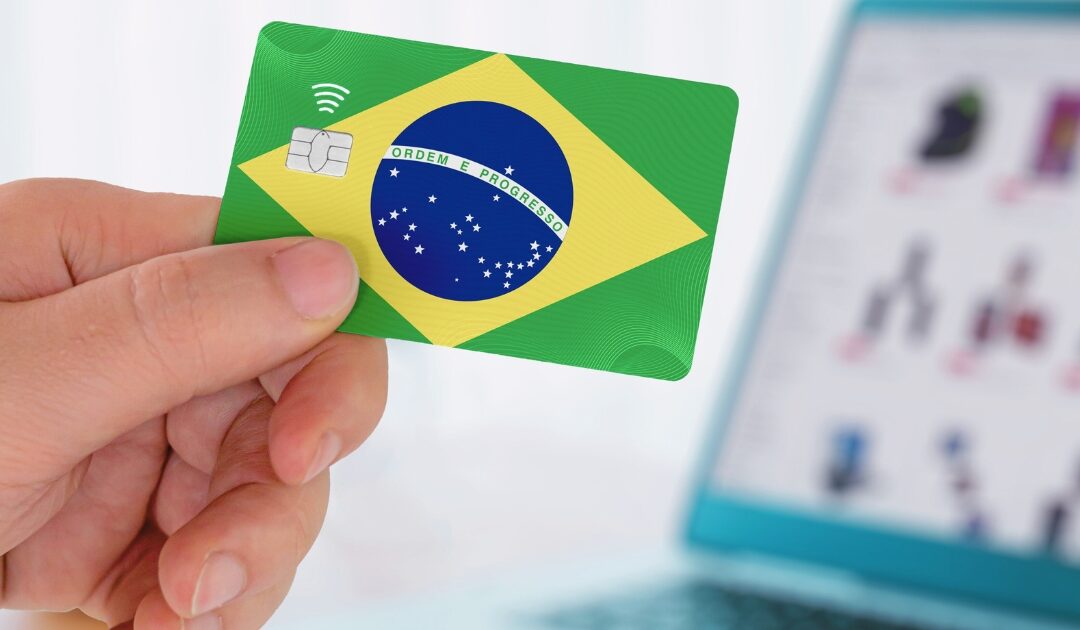Selling products internationally online requires a clear understanding of each country’s regulations to identify potential import challenges. Although direct-to-consumer shipments often face fewer rules than commercial ones, adhering to compliance requirements is essential for successfully getting your products to consumers across borders. In this article, we’ll highlight three key areas to focus on and provide real examples to help brands navigate product compliance across various countries.
Product Compliance for International Shipments
Entering global markets presents ecommerce brands with a critical decision: sell through local retailers and wholesalers (B2B) or directly to consumers (DTC).
Selling B2B involves shipping to local retailers and wholesalers, putting products on store shelves, and allowing customers to see and purchase them in person. This approach can build brand presence but requires navigating complex and costly regulatory requirements, including full licensing and registration.
For instance, when selling products locally in the EU, companies need to:
- Hire a local representative
- Test ingredients and review formulas
- Substantiate marketing claims
- Re-label products and packaging in all 24 local languages
- Submit market notifications and product information files to regulatory authorities
- Maintain records and present periodic reports
Compliance can take several months and cost thousands per SKU, plus additional expenses for re-labeling and packaging.
Shipping directly to customers offers an efficient way to test foreign demand without all the regulatory hurdles of traditional retail. While full compliance is ideal, it can be expensive and often unnecessary for DTC brands. Personal use exemptions allow individuals to import limited quantities of goods without the strict regulations applied to B2B shipments. These exceptions cover items intended for personal consumption and not for resale, with specific rules varying by country. This makes international shipping more manageable, allowing ecommerce businesses to gauge market interest and adapt strategies accordingly. By leveraging this flexibility and lower regulatory barriers, brands can effectively build a global customer base.
When expanding globally, DTC brands should focus on three key areas of product compliance:
- Product Classification – Determine how your products are categorized in target regions. Knowing the classification helps in understanding the applicable regulations and requirements.
- Ingredient Prohibitions & Restrictions – Make sure that none of your product’s ingredients are prohibited or exceed allowable concentrations in the destination market. Regulations on ingredients vary by country.
- Identifying Dangerous Goods – Know if your products are considered dangerous goods due to their chemical or physical properties. These require special handling and documentation to ensure safe and legal shipping.
By addressing these aspects of product compliance, companies can avoid costly customs issues and delays, ensuring smooth operations and a positive delivery experience for international customers. In the following sections, we’ll review each of these areas in more detail.

Understanding Product Classification
Product classification involves identifying and categorizing goods based on their nature, composition, and intended use. This includes both product category determination and Harmonized System (HS) classification, each serving different purposes.
- Product Category Determination – Local regulatory authorities classify products based on their intended use and composition, affecting how they are regulated and taxed. Each country has its own import rules that can vary widely depending on the product.
- HS Classification – HS codes are standardized numerical codes used globally for customs purposes to determine the duties and taxes owed. These codes facilitate international trade by providing a universal classification system.
To demonstrate the distinction between the two, let’s consider how sunscreen is classified: Sunscreens can be considered cosmetics, natural health products, or non-prescription drugs, depending on the market, active ingredients, and claims. This categorization affects local regulation and taxation. Despite this, the HS code for sunscreen will usually classify it as a cosmetic for customs purposes.
Incorrect classification can result in shipments being held up at customs or rejected, potentially causing delays and fines. Due to the complexity of certain product categories, professional guidance is often necessary, especially when detailed HS codes beyond the six-digit level are required. Only licensed customs brokers are authorized to classify products at these detailed levels.
Prohibited & Restricted Ingredients Explained
While personal use exemptions allow for the importation of certain products without full compliance, prohibited and restricted ingredients must still meet health and safety regulations. This means brands need to ensure all product components comply with local guidelines by checking for prohibited substances and limiting any specified ingredient concentrations. This is especially important for cosmetics, supplements, and food & beverage, which are directly applied to or ingested by consumers and often subject to more stringent rules.
There are several chemicals commonly found in the US either completely banned or restricted in other countries based on concentration limits. As an example, hydrogen peroxide is allowed up to 14% in the US, but the EU and UK prohibit direct-to-consumer sales of concentrations above 0.1%. It’s crucial to make sure your products adhere to each destination’s prohibitions and restrictions.
Shipping Dangerous Goods
Shipping dangerous goods internationally involves following specific regulations to ensure safety during transit. Common items like batteries, perfumes, nail polish, hand sanitizer, and aerosol sprays are classified as dangerous goods and may require special labeling, quantity restrictions, and documentation. Consulting with compliance experts can help you determine which products you can ship and verify that all necessary requirements are met.

International Product Compliance Examples
For a closer look at what product compliance can entail when shipping internationally, let’s review some regulations in leading global markets.
Product Compliance Requirements in Top Global Markets
Common Challenges in Product Compliance
Selling products internationally can present notable compliance challenges for ecommerce brands:
- HS Classification – Properly identifying and categorizing goods using Harmonized System codes can be complex and requires accuracy.
- Regulatory Variations – Each country has unique compliance standards. Understanding and keeping up with evolving regulations can be difficult and time-consuming.
- Ingredient & Chemical Restrictions – Global markets often have different restrictions and permissible levels than the US for certain substances, adding complexity.
Overcoming these international barriers requires a proactive approach to compliance and staying informed about regulatory updates. Leveraging industry expertise can ease the process and accelerate access to new markets.

International Product Compliance Solutions
Partnering with an international solutions provider like Passport simplifies the complexities of product compliance and gaining access to global markets. With best-in-class shipping services and an in-house team of licensed customs brokers and global trade experts, Passport ensures a seamless delivery experience for both brands and their customers. We offer comprehensive support from HS classification to detailed regulatory assessments and ingredient reviews to help you understand any country-level requirements that apply to your products.
Looking to grow your international sales? Passport Global makes international expansion effortless for DTC brands. This all-in-one solution blends personalized expertise with technology-driven strategies, offering a full suite of compliance services, localization options, and growth advisory. With Passport Global, navigating the complexities of international ecommerce becomes effortless, allowing you to focus on your core business operations.
Reach out to our team today to see how Passport can take compliance off your plate and enhance your global strategy.




